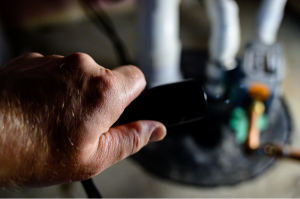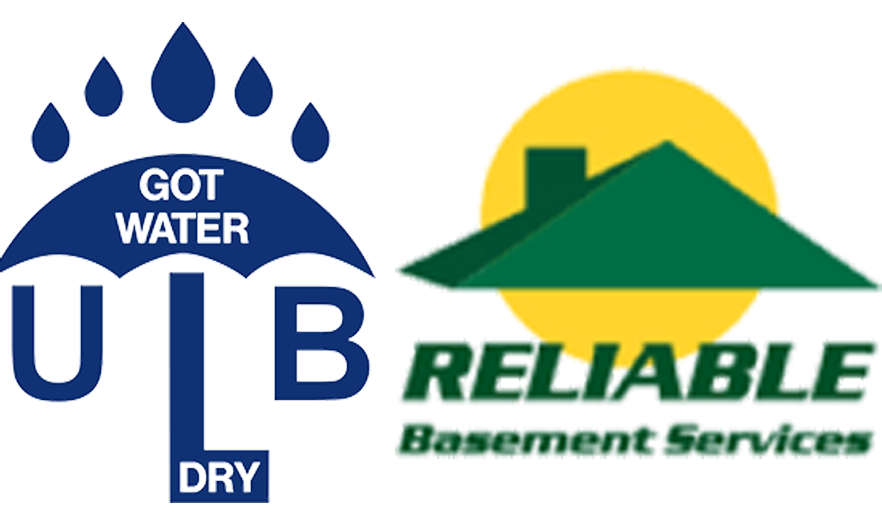
There is no shortage of ways to keep water out of a basement. That said, of all the basement waterproofing entities in existence, the sump pump is the most effective option.
Are you interested in learning about sump pumps and the role they play in keeping your basement dry? If so, you’ve come to the right place. This sump pump installer in Deerfield, Illinois is going to explain below.
What Does a Sump Pump Do?
A sump pump pushes groundwater away from a home’s foundation and out into the corresponding yard. By doing this, it prevents said water from applying too much pressure to the home’s foundation, keeping foundational cracking to a minimum, and ultimately, keeping water from leaking into the basement on the other side.
Sump pumps exist in holes known as sump pits. These are dug in basements, typically in their corners. Sump pits act as access areas for groundwater. As groundwater levels in sump pits rise, their respective sump pumps kick into action, pumping that groundwater out away from the home through a series of underground pipes.
In doing this, sump pumps prevent not just basement flooding but many instances of foundational cracking as well. In fact, the sump pump can rightfully be considered the beating heart of the basement waterproofing system. It’s integral to basement waterproofing. Without it, the risk of eventual basement flooding increases substantially.
Therefore, if there’s any one basement waterproofing entity you’re going to utilize, it should be the sump pump. If you need help obtaining or installing one, you can always reach out to a sump pump installer in Deerfield, Illinois.
Types of Sump Pumps
There are, in general, two types of sump pumps: pedestal sump pumps and submersible sump pumps. We’ll discuss each in detail below.
Pedestal
Pedestal sump pumps sit above their respective sump pits, using a hose to reach down into the water below. While these pumps tend to be cheaper than their submersible counterparts, they’re not quite as effective, struggling to pump out stone and sediment.
You’ll most typically see pedestal sump pumps used in basements with narrow sump pits. This is because these sump pits are too small to contain submersible pumps.
Submersible
Submersible sump pumps are considered the ideal of the two options. While they’re more expensive, they’re also more effective. Not only are they capable of pumping out stone and sediment but they also tend to last longer than their pedestal counterparts.
If your sump pit is big enough to contain one, you should invest in a submersible sump pump. A professional sump pump installer in Deerfield, Illinois can help you with the setup.
Why You Should Consider a Backup Sump Pump
While a single sump pump may get the job done in most situations, there are cases where it will fall short. Specifically, when the power goes out, a single sump pump probably won’t benefit you. Why? Because most sump pumps are powered by electricity.
This is why you should consider adding a battery-powered backup sump pump to the mix. If the power goes out, your backup sump pump will kick in and continue to pump out groundwater, even during heavy storms. This will help to avoid basement flooding during severe weather events.
In Need of a Sump Pump Installer in Deerfield, Illinois?
Are you interested in installing a sump pump in your home? If so, and if you’re looking for the best sump pump installer in Deerfield, Illinois, look no further than ULB-Dry Waterproofing. We’ve installed countless sump pumps throughout the Deerfield area, and we’d be happy to do the same for you. Contact us today to get the process started.





